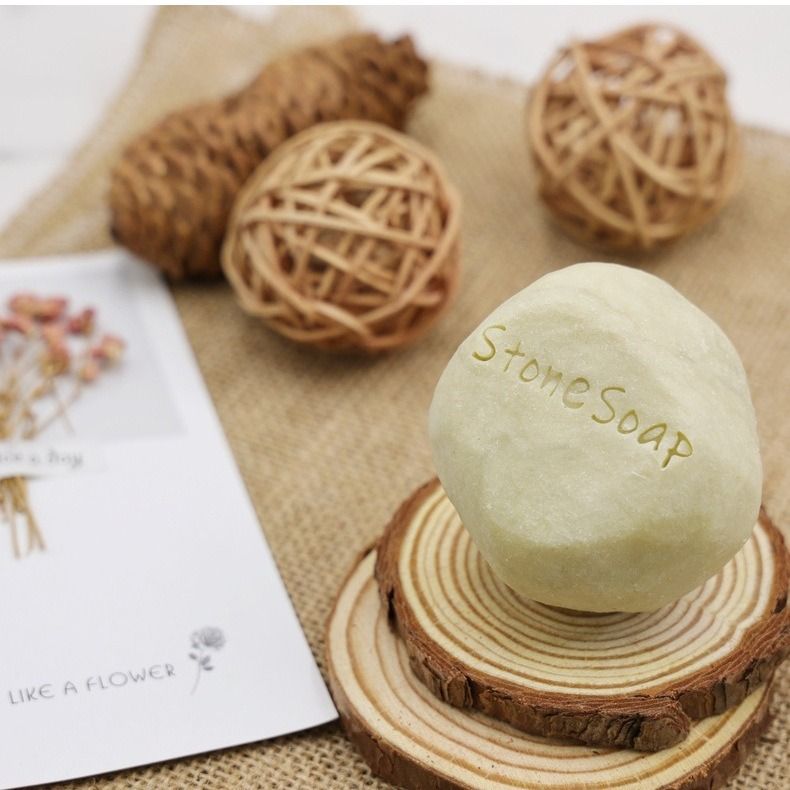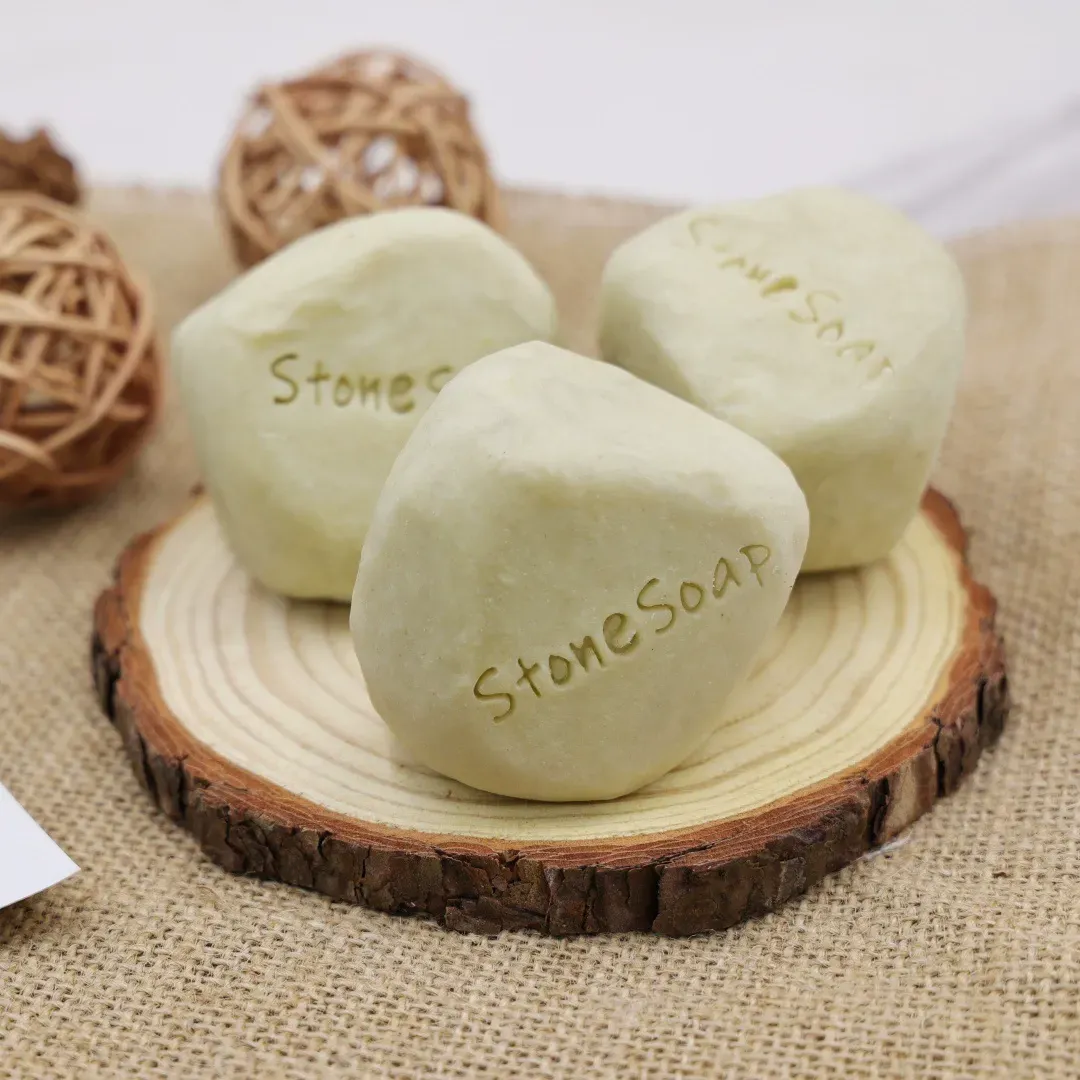In the world of natural handmade soaps, Goat Milk Soap has long secured its place with its gentle and moisturizing properties. However, a "low-key overachiever" is now on the rise—that is Sheep Milk Soap.
If you are looking for a cleansing product that offers deeper nourishment and longer-lasting moisture, then this guide to the benefits of sheep milk soap (and its comparison with goat milk soap) will unveil the skincare secrets of this ancient ingredient.
I. ✨ Benefits of Sheep Milk Soap: Your Skin's "Nutrient Concentrate"
Why does sheep milk offer such superior nourishment for your skin? Simply put, the nutrient concentration in sheep milk is nearly double that of goat milk, which gives sheep milk soap unparalleled moisturizing and repairing abilities:
Superior Moisturizing Power (High Fat Content):
Sheep milk typically has a fat content of 6% or higher, significantly greater than goat milk (usually less than 4%).
This higher fat content means sheep milk soap can create a richer, creamier lather and leaves a more lasting moisturizing barrier on the skin's surface, providing long-lasting, deep hydration.
High Concentration of Vitamins and Minerals:
Sheep milk soap is rich in vitamins A, B, and E, as well as essential minerals like calcium, phosphorus, potassium, and magnesium, often double the concentration found in goat milk.
Vitamin E is a powerful antioxidant that helps combat signs of aging and environmental damage.
Promotes Skin Repair (High Protein):
Sheep milk contains more protein, which is vital for the repair and maintenance of the skin barrier, helping to restore vitality and elasticity to the skin.
Gentle Soothing for Sensitive Skin:
Sheep milk soap has soothing and anti-inflammatory properties, making it excellent for skin prone to eczema, psoriasis, or extreme dryness. It effectively reduces redness and irritation, bringing comfort.
II. 🔬 Sheep Milk Soap vs. Goat Milk Soap: Which is Better?
When conducting a sheep milk soap vs goat milk soap comparison, both are excellent, but they differ in their focus:
| Feature | Sheep Milk Soap | Goat Milk Soap | Best For / Focus |
| Moisturizing Power | Winner: Higher fat content (6%+), provides superior, long-lasting moisture. | Good: Moderate fat content (<4%). | Extremely dry skin, those seeking maximum hydration. |
| Nutrient Density | Winner: Higher concentration of vitamins and proteins (approx. double). | Good: Nutrient-rich, but lower concentration. | Those seeking high-efficiency nutrient supplementation and skin repair. |
| Gentle Exfoliation | Good: Contains Lactic Acid, but the focus is on nourishment. | Winner: Higher Lactic Acid content, better focus on exfoliation. | Those needing gentle exfoliation, and improvement in skin tone. |
| PH Balance | Balanced, low irritation. | Better: PH level is closer to human skin. | Highly sensitive skin, or those with multiple skin conditions. |
In short:
Choose Sheep Milk Soap if you: are seeking ultimate hydration and nourishment, have very dry skin, or want to maximize the intake of vitamins and protein for skin barrier repair.
Choose Goat Milk Soap if you: have super sensitive skin, or prioritize the gentle exfoliation from natural lactic acid and a pH level closer to your skin's own.
III. 🛁 How to Incorporate Sheep Milk Soap into Your Routine?
Regardless of which milk soap you choose, incorporating sheep milk soap into your daily cleansing ritual is a simple yet effective skincare upgrade.
Simply use warm water to lather the sheep milk soap gently during your shower or bath, and cleanse your face and body with the rich, creamy foam. With consistent use, your skin will become softer, smoother, and full of a healthy glow.
Sheep Milk Soap is a hidden treasure in natural skincare, deserving of your personal experience to unlock its deeply nourishing magic.
Would you like me to search for some popular Sheep Milk Soap brands, or find some user reviews comparing Sheep Milk Soap vs Goat Milk Soap?


